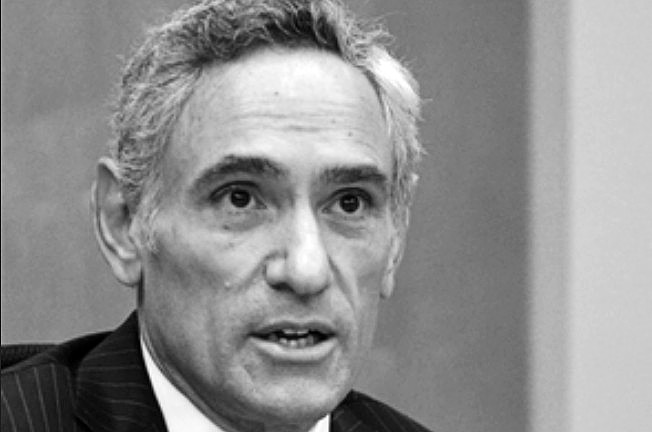Following a Nov. 15 tweet from Dr. Scott Atlas—a Trump administration coronavirus task force member on leave from his role at Stanford University as a senior fellow at the Hoover Institution—the university seemed to distance itself from him.
In the controversial tweet, which linked to news of Michigan Gov. Gretchen Whitmer’s announcement of new coronavirus restrictions, Dr. Atlas posted, “The only way this stops is if people rise up. You get what you accept.”
The tweet was not only called “shocking” by Gov. Whitmer, who was the target of an alleged, foiled October kidnapping plot related to her pandemic orders, but also drew criticism from Dr. Atlas’ own Stanford colleagues.
In a Nov. 16 statement, Stanford said that Dr. Atlas’ views are “inconsistent with the university’s approach in response to the pandemic” and that his statements “reflect his personal views, not those of the Hoover Institution or the university.”
“Stanford’s position on managing the pandemic in our community is clear. We support using masks, social distancing, and conducting surveillance and diagnostic testing. We also believe in the importance of strictly following the guidance of local and state health authorities,” the university also said in the statement.
In a follow up tweet, Dr. Atlas contended that he was “never talking at all about violence” and that he would never “endorse or incite violence.”
Dr. Atlas’ recent tweet is not the first time his Stanford colleagues have been prompted to speak out against him. After an Aug. 31 report by the Washington Post that he embraced a controversial herd immunity strategy to combat the pandemic, Dr. Atlas drew intense criticism from his peers.
In a Sept. 9 letter following the news report, a Stanford faculty collective stated that “many of [Dr. Atlas’] opinions and statements run counter to established science and, by doing so, undermine public-health authorities and the credible science that guides effective public health policy.”
Another letter dated Sept. 23—signed by a larger group of 105 doctors, scientists and health experts—claimed Dr. Atlas had threatened legal action against them, but reaffirmed their previously stated convictions.
Dr. Atlas has denied recommending herd immunity as an option to the task force or the president, per a report in The Stanford Daily. However, he has repeatedly upheld the strategy as one of the best ways to “eradicate the threat of the virus” in Hoover Institution virtual policy briefings, in an April op-ed in The Hill and in his remarks in May to a U.S. Senate committee.
Photo credit: Hoover Institute






